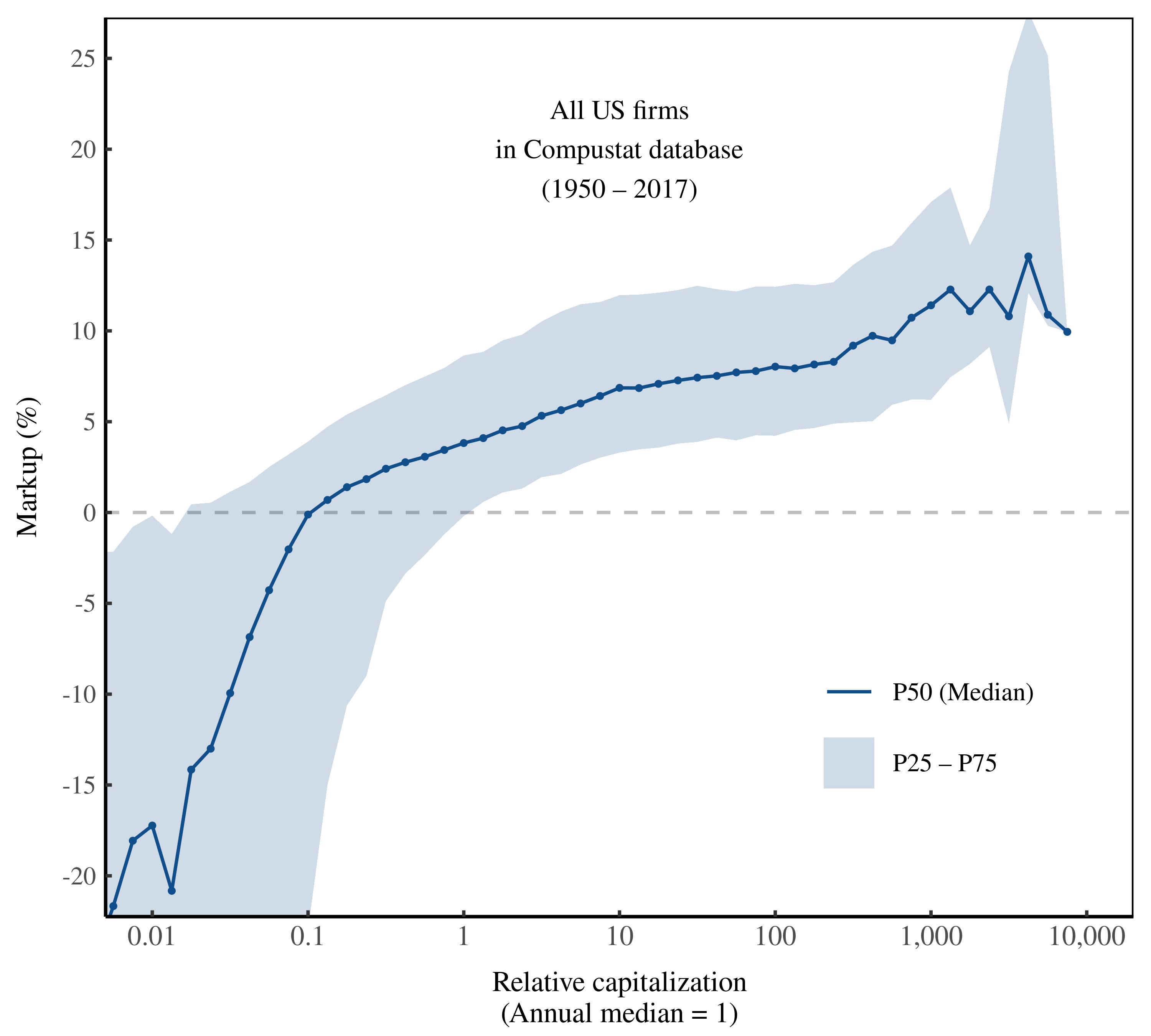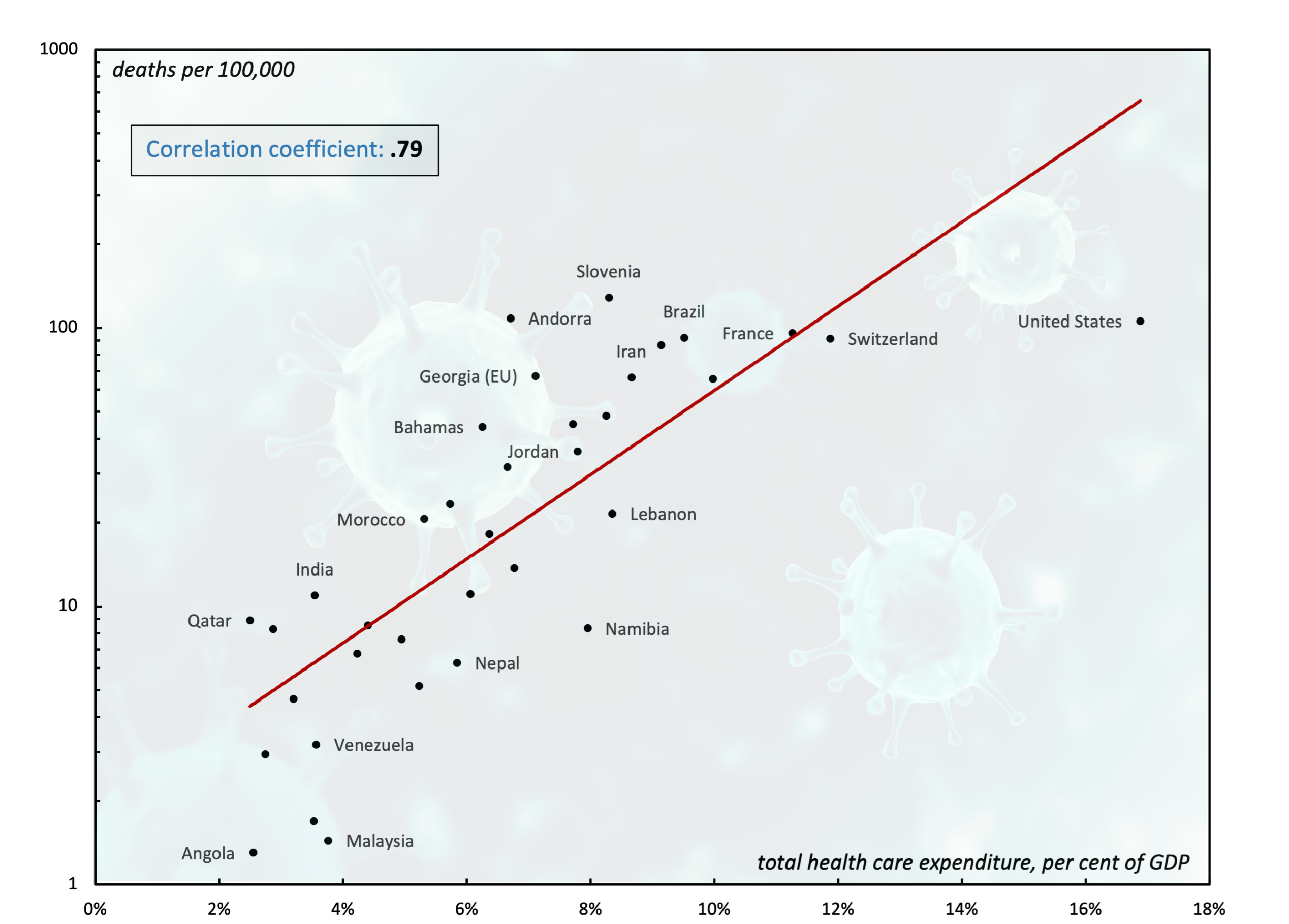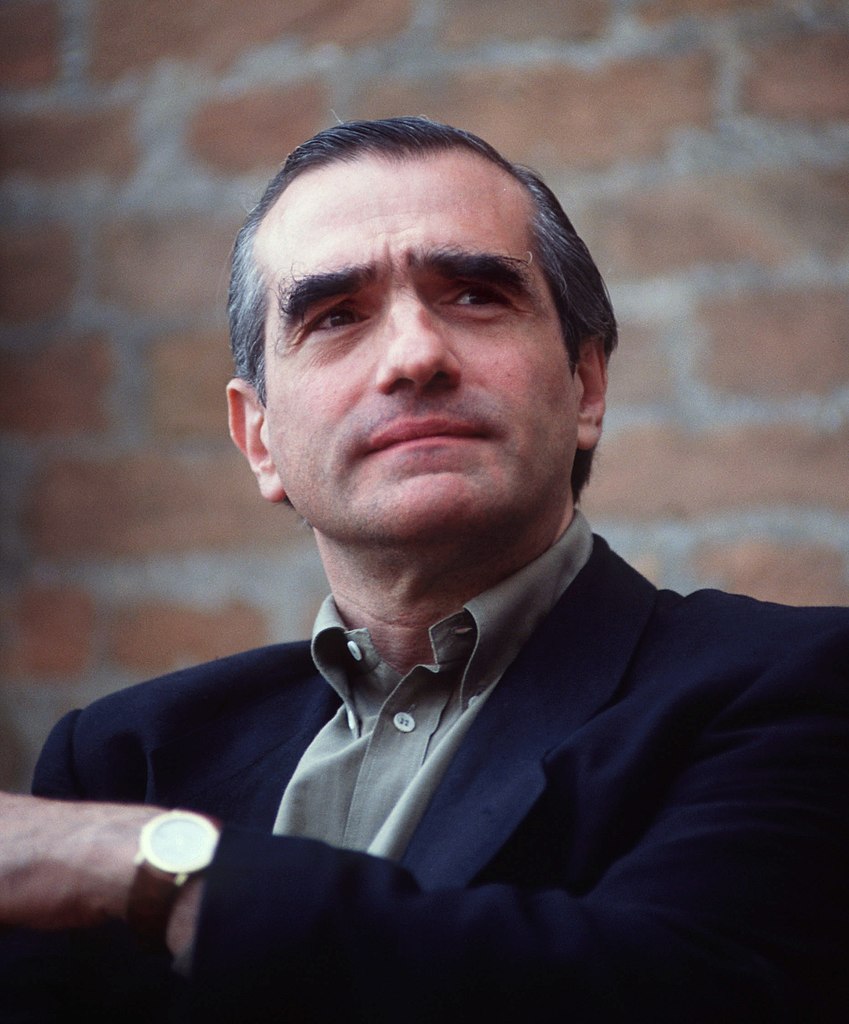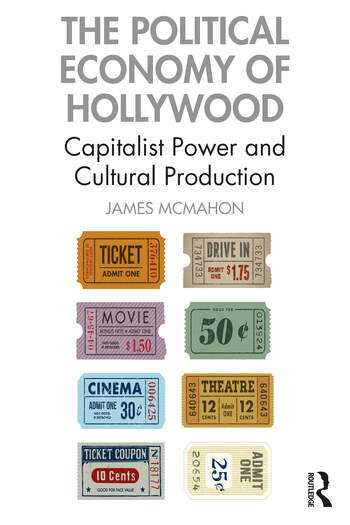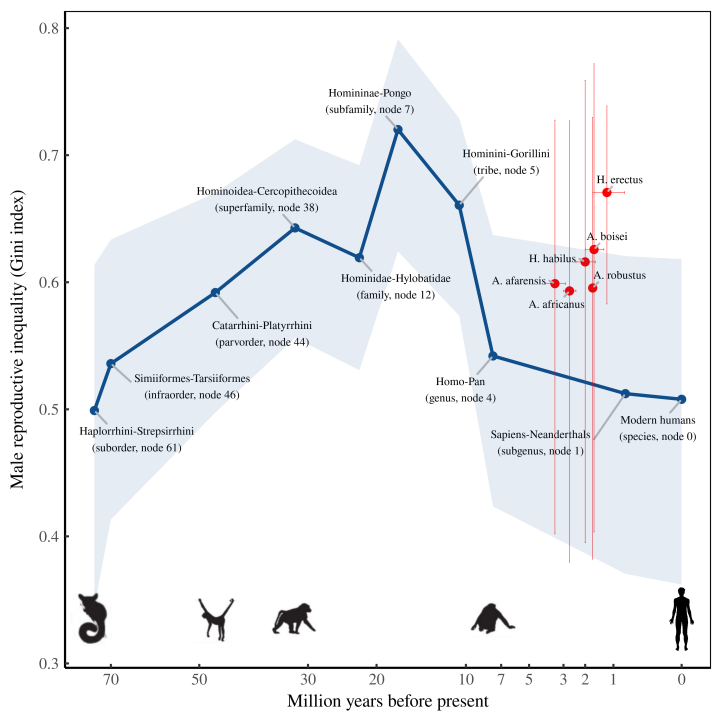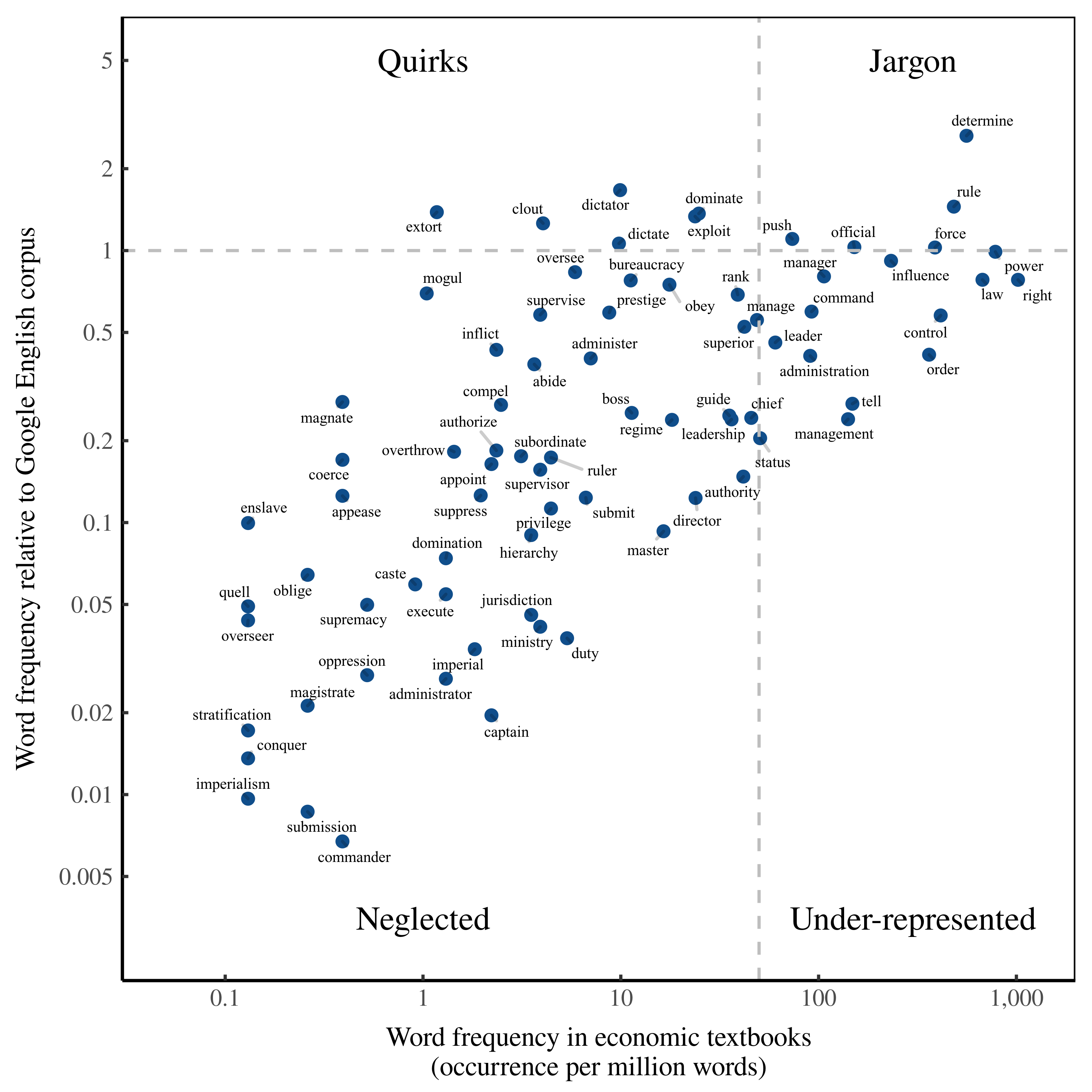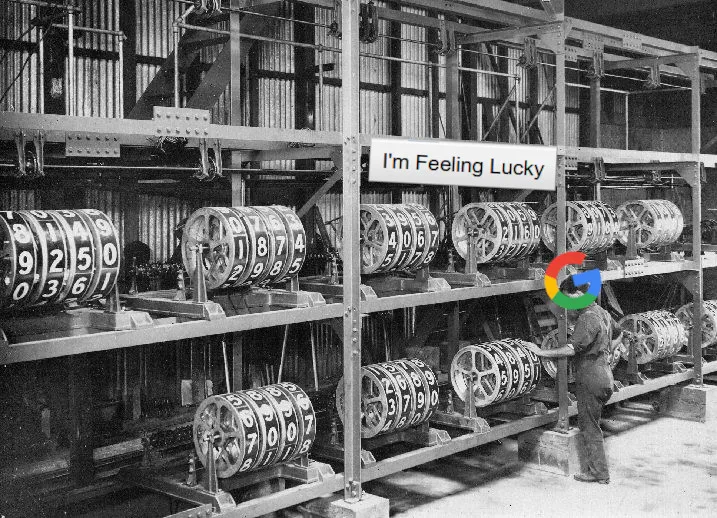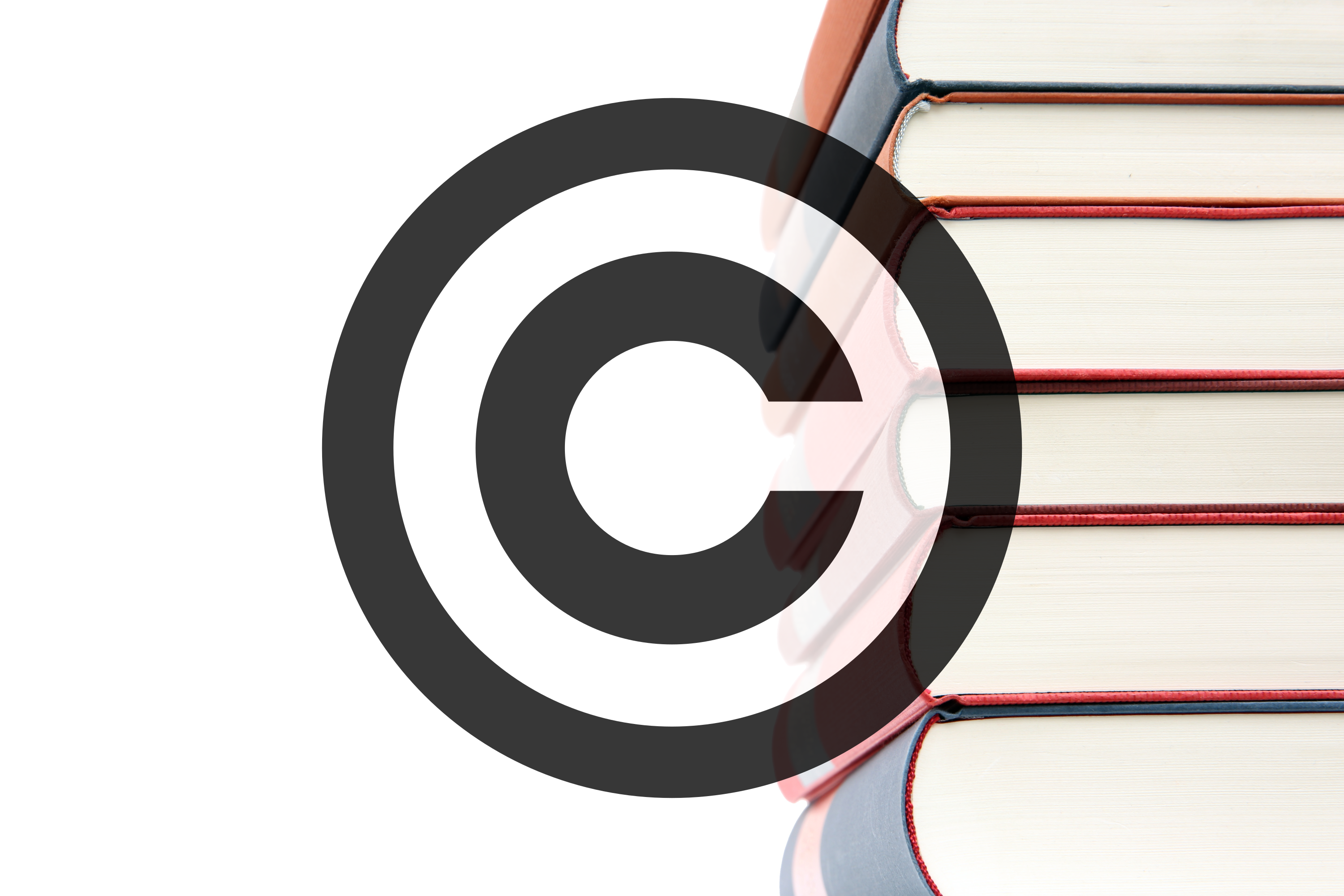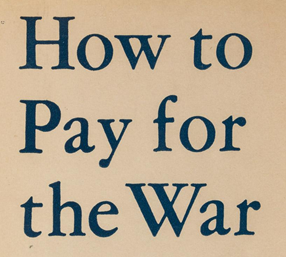Originally published at Economics from the Top Down Blair Fix There’s something mysterious about finance. The symbols are arcane. The math is complex. The practitioners are impressively educated. And the stakes are high. All of this gives finance the veneer of higher truth — as if quants are uncovering a reality not accessible to the […]
Continue ReadingPatent troll IP is more powerful than Apple’s
Originally published at pluralistic.net Cory Doctorow I was 12 years into my Locus Magazine column when I published the piece I’m most proud of, “IP,” from September 2020. It came after an epiphany, one that has profoundly shaped the way I talk and think about the issues I campaign on. https://locusmag.com/2020/09/cory-doctorow-ip/ That revelation was about […]
Continue ReadingFree Speech For Me, Not You
Originally published at Economics from the Top Down Blair Fix They say that Americans love two things: freedom … and guns. The trouble with guns is obvious. The trouble with freedom is more subtle, and boils down to doublespeak. When a good old boy defends his ‘freedom’, there’s a good chance he has a hidden […]
Continue ReadingWhen Hollywood defines the limits of good cinema
Originally published at notes on cinema James McMahon On the question of who judges the quality of a film, it is easy to start with a notion that the ultimate judge of a film’s quality is the individual moviegoer. As individual moviegoers, this is often what we think we are doing: we have the autonomy […]
Continue ReadingCapital as Power Essay Prize Winners, 2022
Blair Fix The Review of Capital as Power is pleased to announce the winners of the 2022 Capital as Power Essay Prize: First Prize: ‘Costly Efficiencies: Healthcare Spending, COVID-19, and the Public/Private Healthcare Debate’, by Chris Mouré. Second Prize: ‘Hype: The Capitalist Degree of Induced Participation’, by Yuri Di Liberto. Chris Mouré’s ‘Costly Efficiencies’ In […]
Continue ReadingMouré, ‘Costly Efficiencies: Healthcare Spending, COVID-19, and the Public/Private Healthcare Debate’
Costly Efficiencies Healthcare Spending, COVID-19, and the Public/Private Healthcare Debate CHRIS MOURÉ May 2022 Abstract Proponents of private healthcare often claim that the private sector is more ‘efficient’ at delivering healthcare services. This paper tests the privatization thesis in the context of the COVID-19 pandemic. Using a large sample of countries, I investigate how healthcare […]
Continue ReadingDuke is academia’s meanest trademark bully
Originally published at pluralistic.net Cory Doctorow Two of the most astute IP scholars I know also happen to be two of the best legal writers I know, and also happen to work at one of the worst IP abusers in the country: Jennifer Jenkins and James Boyle, of Duke University, the nation’s leading academic trademark […]
Continue ReadingMcMahon, ‘Why Scorsese is Right About Corporate Power’
Abstract In the March 2021 issue of Harper’s, Scorsese wrote an essay to pay tribute to Federico Fellini, the Italian director who directed such great films as La Strada, 8 1/2, La Dolce Vita, Nights of Cabiria and Satyricon. Scorsese writing on Fellini is definitely newsworthy for cinephiles who want to know about Fellini’s beginnings […]
Continue ReadingDi Liberto, ‘Hype: The Capitalist Degree of Induced Participation’
Hype The Capitalist Degree of Induced Participation YURI DI LIBERTO April 2022 Abstract Power is usually considered as either a ‘positive’ or ‘negative’ construct, as in the power to force action versus the power to forbid it. This paper explores a hybridized approach to power based on the idea of ‘induced participation’. Building on Bichler […]
Continue ReadingMcMahon, ‘The Political Economy of Hollywood’
Abstract In Hollywood, the goals of art and business are entangled. Directors, writers, actors, and idealistic producers aspire to make the best films possible. These aspirations often interact with the dominant firms that control Hollywood film distribution. This control of distribution is crucial as it enables the firms and other large businesses involved, such as […]
Continue ReadingThe Deep History of Human Inequality
Originally published at Economics from the Top Down Blair Fix Man is born free, yet he is everywhere in chains. — Jean-Jacques Rousseau, 1762 In his epic 18th-century treatise Discourse on Inequality, Jean-Jacques Rousseau argued that inequality is an ill of civilization, created by private property. If you roll back the clock on civilization, he […]
Continue ReadingFord patents plutocratic lane-changes
Originally published at pluralistic.net Cory Doctorow In my 2017 novel WALKAWAY, there’s a scene where the protagonists get into a self-driving car owned by a ruthless plutocrat, only to discover that it moves faster than any other vehicle they’ve ever ridden. https://craphound.com/category/walkaway/ The plute explains that he’s done an illegal mod that lets him override […]
Continue ReadingPower … and the Dialect of Economics
Originally published at Economics from the Top Down Blair Fix A few months ago, I went down a rabbit hole analyzing word frequency in economics textbooks. Henry Leveson-Gower, editor of The Mint Magazine, thought the results were interesting and asked me to write up a short piece. The Mint article is now up, and is […]
Continue ReadingGoogle’s monopoly rigged the ad market
Originally published at pluralistic.net Cory Doctorow The quest to bring antitrust law to bear against tech companies is finally paying off, but it’s been a long, hard slog. At the vanguard have been two legal scholars: Columbia law’s Lina M Khan linamkhan and Yale’s Dina Srinivasan. The first watershed moment was Khan’s Jan 2017 Yale […]
Continue ReadingWhy Are Most Textbooks Still Proprietary?
Originally published at Economics from the Top Down Blair Fix Today a rant about textbooks. Every year governments spend billions of dollars on public education, teaching students knowledge that was itself created by publicly funded research. Yet each year, university students must pay anew for this information by purchasing high-priced textbooks. It needn’t be this […]
Continue ReadingDo all roads lead to the Oscars? Part II
Originally published at notes on cinema James McMahon We ended the last post with a scenario of someone dreaming of their film going all the way to the Academy Awards. But I also waved away any dreamy smoke that clouds our imaginations about this outcome. As was shown in Figure 5, which is pictured below, […]
Continue ReadingThe birth of capitalized credit money is inextricably bound with war
Jonathan Nitzan and Shimshon Bichler Originally published on Twitter During the twilight of feudalism, wars, whose cost soared in tandem with their material scope and unit price, were the most financially demanding expenses. Changing military technologies, beginning with the crusades and continuing with the Hundred Years War, made it increasingly necessary to rely on hired […]
Continue ReadingSlavery, the Development of the United States, and the Case for Reparations
Originally published at joefrancis.info Joe Francis In a new working paper I outline how slavery contributed to the development of the United States before the Civil War. The paper is called ‘King Cotton, the Munificent’ because I argue that slavery benefitted the free society of the North. In a nutshell, I argue that slaves were […]
Continue ReadingAmazon says only corporations own property
Originally published at pluralistic.net Cory Doctorow If you visit Amazon’s Prime Video homepage, you’ll see that the title of that page is “Rent or Buy: Prime Video.” There’s a plain-language meaning of “buy” that most of us understand, but Amazon says we’re wrong. https://www.amazon.com/rent-or-buy-amazon-video/ Amanda Caudel is a Prime user who brought suit against Amazon […]
Continue ReadingEnergizing Exchange: Learning from Econophysics’ Mistakes
Originally published at Economics from the Top Down Blair Fix Let’s talk econophysics. If you’re not familiar, ‘econophysics’ is an attempt to understand economic phenomena (like the distribution of income) using the tools of statistical mechanics. The field has been around for a few decades, but has received little attention from mainstream economists. I think […]
Continue Reading
